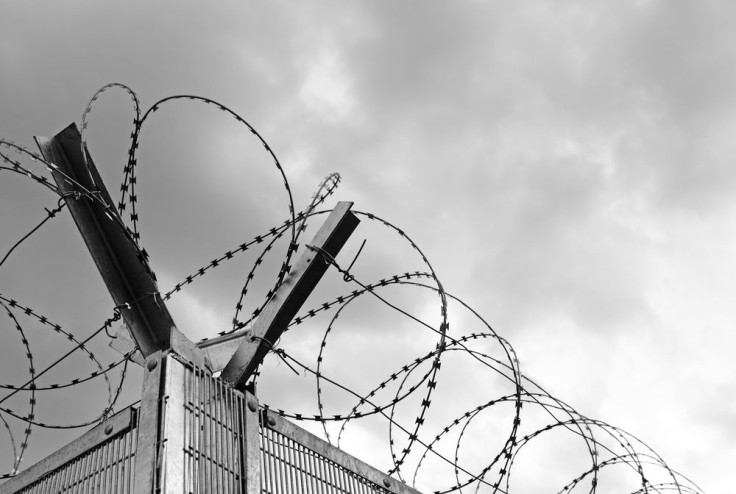Prison Health Care: Scabies, Borrowed Catheters Halt Admission At California Facility

The court-appointed receiver tasked with supervising the California prison system’s health care has placed a halt on admissions at one of its latest facilities, reigniting concerns over the state’s widely publicized shortcomings regarding inmate health.
Federal receiver Clark Kelso said that the 1,722-bed California Health Care Facility in Stockton, Calif. had failed miserably in its mission to resolve the issues of overcrowding and subpar facilities that have marred the state’s correctional health care for years, ordering officials to admit no more patients until conditions can be properly reviewed. The facility, which was hailed by state officials as a harbinger of improved care when it opened in July, has so far had problems like malfunctioning hot water, breakdown of kitchen management, and shortage of staff. Kelso’s searing report also notes that staffers frequently borrowed basic sanitary and medical supplies like catheters from a nearby public hospital.
Even worse were the conditions at the facility’s housing units, where an extreme shortage of soap and towels allegedly forced inmates to dry themselves with dirty socks or refrain from showering altogether. This lapse in hygiene is believed to have stoked a prison-wide outbreak of scabies, a skin infection carried by tiny insects. Kelso reported that, rather than moving the health care system closer to a resolution of the current receivership, the state had opened "a facility that could not supply basic medical equipment and personal hygiene material to its clinicians and patient-inmates, a situation that has been permitted to persist for five months without significant improvement."
Speaking to the Los Angeles Times, Deborah Hoffman, a spokesperson for the state’s corrections department, said that the shortcomings mentioned in Kelso’s report were regrettable, but that they were ultimately little more than hiccups naturally accompanying the launch of an ambitious facility. "It's not uncommon for new facilities to have stops and starts during the activation process," she told reporters. "This facility is unique in its design, size and mission and is something that no other prison system has ever operated."
Prison Health Care In Bad Decline?
The California government lost its definitive authority over its correctional health care system back in 2006, when a court ruled that its facilities were so poor they violated the inmates’ constitutional rights. Since then, the state has repeatedly tried to regain its control from the court-appointed Kelso, who it says has pushed for an unsustainable agenda that is too lavish and costly. In 2009, U.S. District Judge Thelton Henderson shut down one such attempt by former governor Arnold Schwarzenegger.
Several nonprofit organizations back the report filed by Kelso, citing “shocking” conditions at the Stockton facility. So far, at least one inmate is said to have died as a direct result of inadequate communications and response protocols. "If these are normal hiccups, [the corrections department] has to vastly and immediately change what is 'normal,’” Rebekah Evenson, an attorney at the public interest law firm Prison Law Office, told reporters. "The pain and suffering of these inmates is unconstitutional. These problems are of an extreme dimension."



























